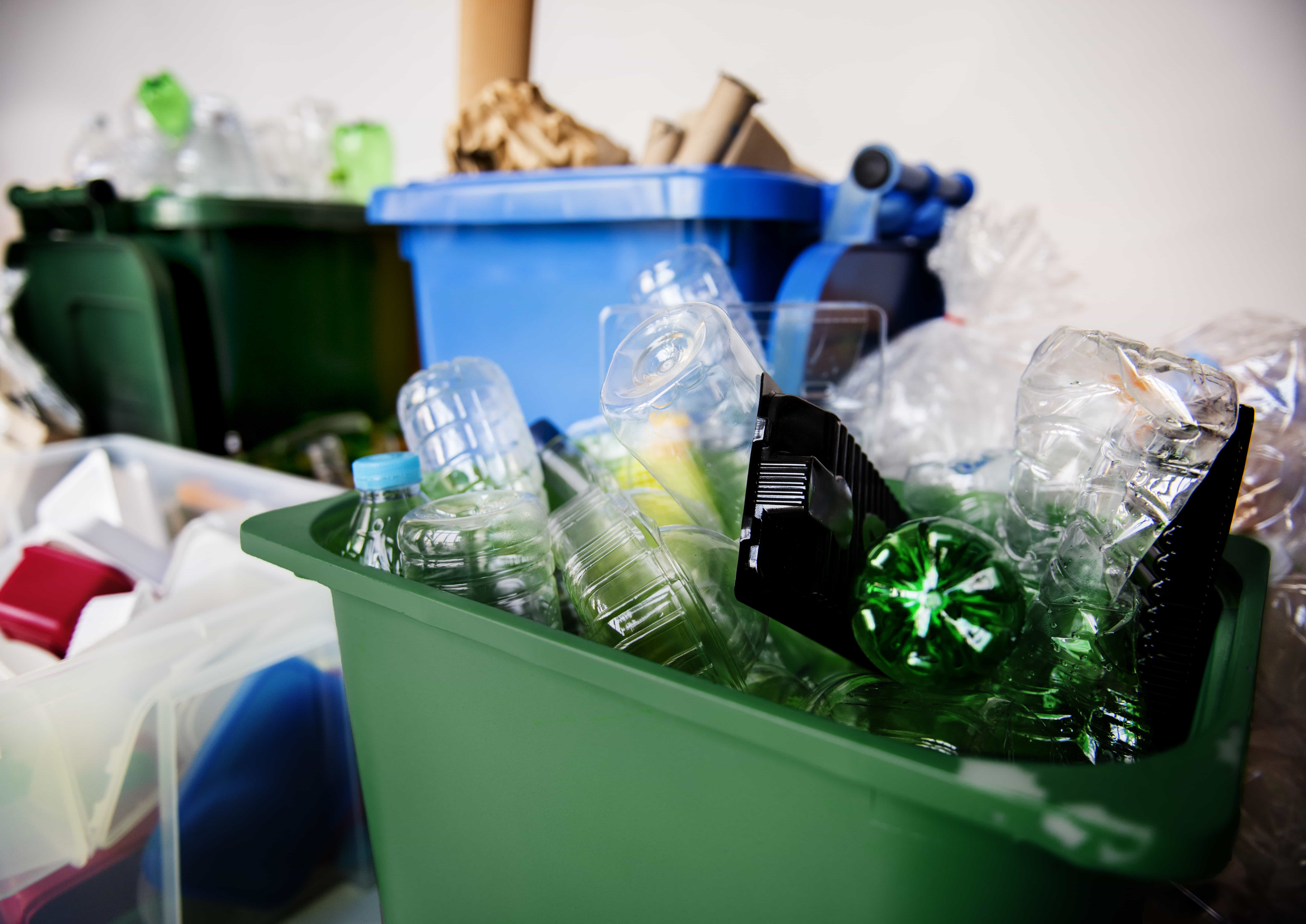West Seattle Fall Cleanup & Hauling
Homeowner’s Issue
West Seattle yards face a specific set of problems by late fall: heavy leaf drop from big street trees, compacted glacial-till soils in hillier spots, and persistent shade that encourages moss and ivy on north-facing lawns and retaining walls. The peninsula’s marine climate means we get relentless autumn rains, which turn leaf piles into slippery hazards and accelerate decomposition into slimy mats that smother lawn and paths. Properties near Alki and Lincoln Park also see salt spray on windward exposures, which stresses plants and speeds twig drop.
Many homes here sit on slopes or narrow lots where runoff channels through beds and beds often sit on thin topsoil — that feeds erosion and plugs drains. HOA curb-appeal standards and narrow street access in spots like Admiral and Fauntleroy mean tidiness matters for resale and neighbor relations. Add the West Seattle Bridge detours and you’ll want a crew that stages trucks and loads efficiently without blocking vital street lanes. We plan around typical Seattle rain windows and use only mechanical, manual, and organic methods — no herbicides — so cleanup actually improves soil health and reduces maintenance in spring. Expect practical fixes: composting leaf matter, mulching beds, hand‑removing invasive ivy, and grading small runoff paths to keep your yard working through winter.
Our Quality Service
We run a tight, sustainable cleanup: hand-raking beds, blower‑clearing hard surfaces, pruning low branches, chipping or hauling large limbs, and composting or green‑bining organics. Tools: loppers, hand saws, blower (soft setting on lawns), wheelbarrows, chipper, tarps, and a covered truck for hauling. Typical timelines: small lot — half day; average home — 1 day; large or complex sites — 1–3 days. We account for compacted soil and slope—adding mulch and minor grading to slow runoff—and schedule around Seattle’s rainy season. Water restrictions in summer mean fall is the best time to mulch and seed; our methods reduce the need for future watering and cut winter slip risks. Benefits are immediate safety, improved curb appeal, less spring cleanup, and lower upkeep through next season.
What’s Included
- Leaf collection from lawn, beds, gutters, and hardscapes.
- Hand‑pruning of shrubs and selective tree branch removal (small-crown work).
- Weeding by hand and mechanical removal of ivy and other invasives (no herbicides).
- Mulch application around beds and trees, or chip placement where preferred.
- Haul-away of large debris, or separate green‑bin prep for composting.
- Final sweep/edging of paths and driveway.
Options / upgrades:
- Mulch + landscape fabric (beds only)
- Wood‑chip delivery for paths (chip instead of haul)
- Organic compost spread / topdressing
- Gutter sweep and storm‑drain clearing (by request)
- Haul-away vs. green‑bin drop‑off (we’ll sort to City compost stream when possible)
Before & After / Expectations
Be realistic: we make noise and a short lived mess while we work — chips, leaves, and branches stage on tarps before removal. Access: a driveway or 20–30 ft of curb space helps; narrow alley parking requires a quick staging plan. Debris handling: we prioritize local composting and green‑bining, chip reuse, and minimal landfill trips. Timelines: plan for one workday on average — more if root work or steep slopes are involved. Aftercare tips for West Seattle: avoid heavy irrigation after mulching; newly mulched beds can wait for regular autumn rains unless you’re planting new shrubs (water them until rains arrive). Watch for spring moss on shady lawns — raking and light aeration in early spring helps. Leave a corner of pollinator beds with leaf litter if you want overwinter habitat.
FAQs (3–5)
Q: Do you use herbicides?
A: Never. We use hand removal, mulching, solarization where appropriate, and organic compost to suppress weeds.
Q: How soon can you schedule in West Seattle?
A: We typically book within 1–2 weeks in fall; urgent slots occasionally available for storm cleanup.
Q: What if my driveway is too tight for your truck?
A: We stage from the curb or use smaller vehicles and extra labor to shuttle debris — we’ll note that in the estimate.
Q: Will you compost onsite or haul away?
A: We prioritize hauling to the City/compost stream or chipping for reuse; green‑bin prep is an option if you prefer curb pickup.
Call to Action
If your West Seattle yard needs a straightforward, sustainable fall reset — near Alki, Lincoln Park, or inland pockets of the peninsula — book a free estimate. We’ll give a clear price, a simple timeline, and a plan to leave your property safer and lower‑maintenance through winter. Email neatandtidyseattle@gmail.com to get on the schedule.










